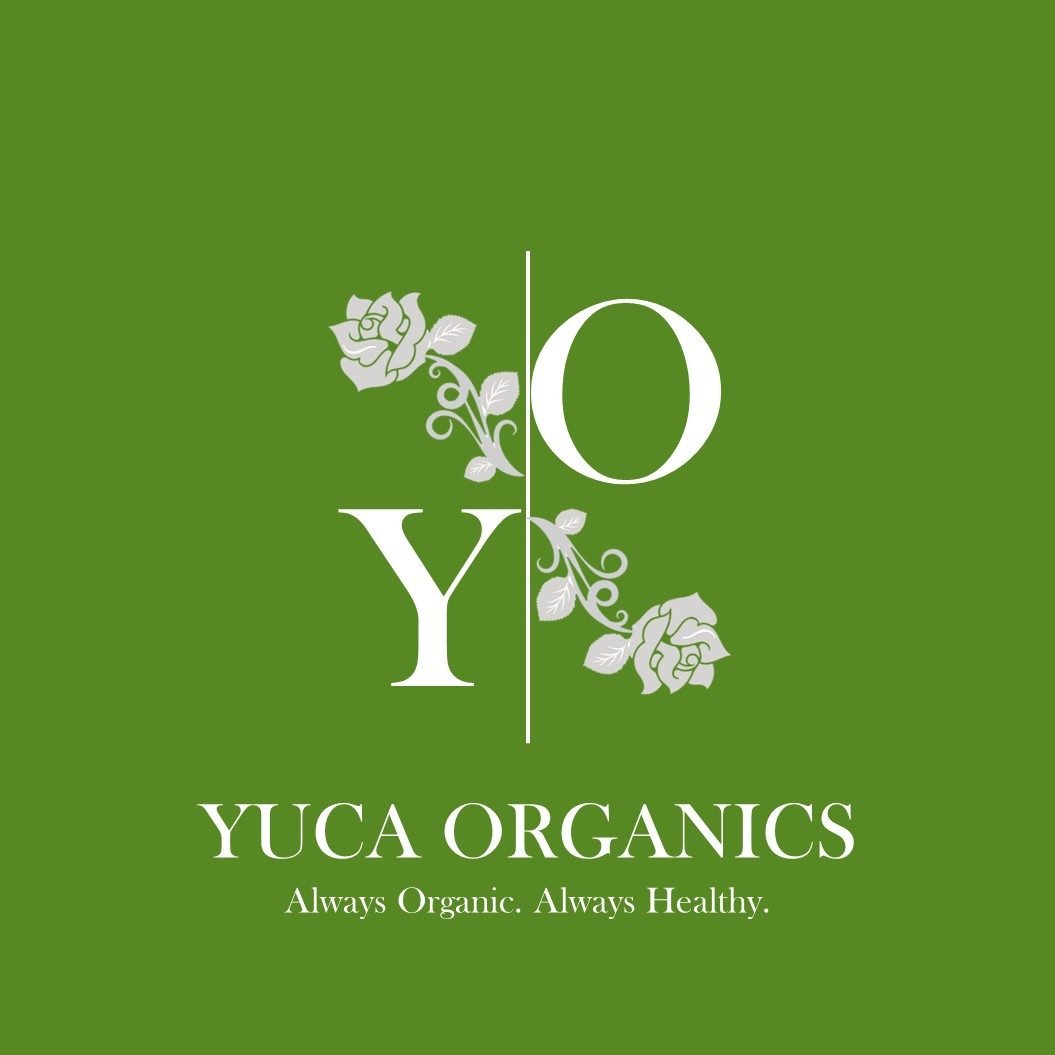Organic cinnamon, with its warm and distinctive flavor, has been cherished for centuries as a versatile spice with numerous health benefits. Derived from the inner bark of the Cinnamomum tree, this aromatic spice is not only a staple in many cuisines but also boasts a range of medicinal properties. In this blog post, we will delve into the world of organic cinnamon, exploring its origins, nutritional value, health benefits, and creative culinary uses.
1. Origins and Cultivation of Organic Cinnamon:
Cinnamon has a rich history that can be traced back to ancient civilizations in Egypt and India. Today, it is primarily cultivated in Sri Lanka, Indonesia, and other tropical regions. Organic cinnamon is grown without the use of synthetic pesticides or fertilizers, ensuring its purity and maintaining the integrity of its natural flavors and health-promoting compounds.
2. Nutritional Value of Organic Cinnamon:
Organic cinnamon is not only valued for its taste but also for its impressive nutritional profile. It is a rich source of antioxidants, which help combat oxidative stress and protect against chronic diseases. Cinnamon also contains essential minerals such as manganese, iron, and calcium. Furthermore, it is a good source of dietary fiber, which supports digestion and helps regulate blood sugar levels.
3. Medicinal Properties and Health Benefits:
Organic cinnamon is renowned for its medicinal properties. It contains bioactive compounds, including cinnamaldehyde, that exhibit anti-inflammatory, antimicrobial, and antioxidant effects. Consuming cinnamon has been associated with numerous health benefits, including improved blood sugar control, reduced inflammation, and enhanced heart health. Some studies have also suggested that cinnamon may have potential anticancer and neuroprotective properties, although further research is needed.
4. Culinary Versatility of Organic Cinnamon:
Organic cinnamon is a versatile spice that adds depth and warmth to a wide range of dishes. Its sweet and spicy flavor makes it a popular choice in both sweet and savory recipes. Cinnamon can be used in baking to enhance the flavors of cakes, cookies, and bread. It pairs well with fruits, adding a delightful twist to apples, pears, and bananas. Additionally, cinnamon is a key ingredient in spice blends like pumpkin spice and chai tea.
5. Tips for Using Organic Cinnamon:
To maximize the flavor and health benefits of organic cinnamon, consider the following tips:
– Purchase high-quality, organic cinnamon from reputable sources to ensure purity and potency.
– Store cinnamon in a cool, dark place to preserve its freshness and aroma.
– Experiment with different types of cinnamon, such as Ceylon cinnamon (true cinnamon) or cassia cinnamon, to explore their unique flavors.
– Add cinnamon to your morning coffee, smoothies, oatmeal, or yogurt for a flavorful and nutritious boost.
– Use cinnamon in savory dishes like curries, stews, and roasted vegetables to impart a subtle warmth and complexity of flavor.
Conclusion:
Organic cinnamon is not just a delightful spice but also a treasure trove of health benefits. Its origins, nutritional value, and versatile culinary uses make it a must-have in your kitchen. Whether you sprinkle it on your morning bowl of oatmeal or incorporate it into your favorite baked goods, organic cinnamon adds a fragrant and flavorful touch to your dishes while potentially enhancing your well-being. So, embrace the aromatic allure of organic cinnamon and let its magic enrich your culinary creations.

